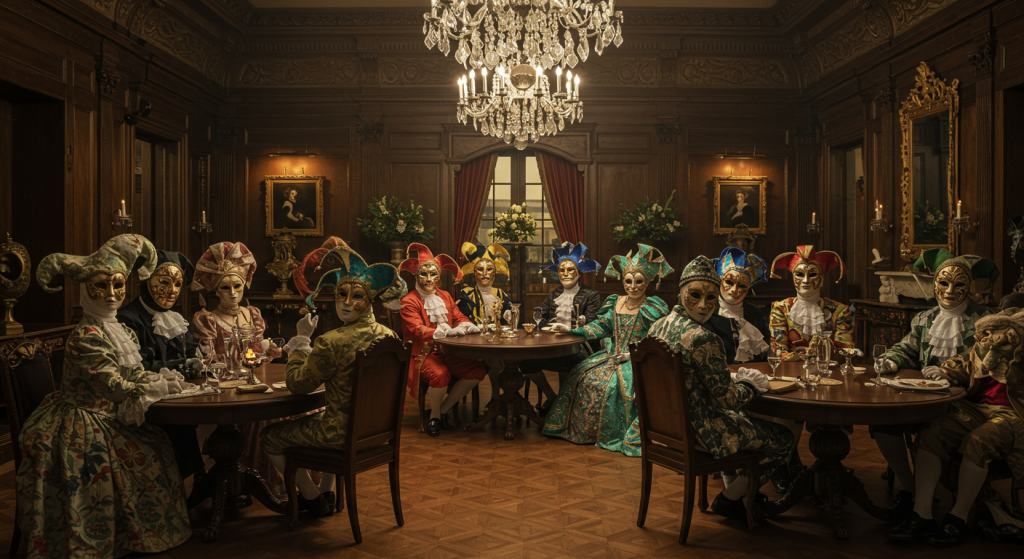Consumers, now more than ever, feel they need a stronger connection with the companies they engage with. Personal branding and how you represent your business are vital considerations in today’s market. How you come across and are perceived are more important than just a logo and a tag line. Personal branding can’t be ignored.
There’s no denying that consumers (customers) crave a deeper connection with the companies they do business with. When you are a small business or entrepreneur, they crave a deeper connection with you, the owner – your personal branding.
And that’s why, merely having a fancy website and logo isn’t enough to define your personal brand as business owner.
It’s very important to thoughtfully create a personal brand that truly shares who you are and what you stand for. If a brand isn’t appealing to your audience or not genuine, it can repel customers. But the process of creating a brand can be intimidating for some.
Your brand is what people say about you when you are not in the room – Jeff Bezos
So how do you avoid personal branding blunders when it comes to helping instead of harming your business?
Here’s the biggest Personal Branding Mistakes to avoid:
- Being Vague: When it comes to personal branding as an entrepreneur, it’s absolutely essential that you are focused and have taken the time to define what you represent and where you hope to take your brand. Don’t start marketing yourself until you know what a personal brand is and how to create your own. You could confuse potential customers, suppliers, funders, investors and just waste their time.
- Stretching the Truth: Don’t lie about your experience. It’s best to highlight similar skills you have and your enthusiasm for learning new things. It’s hard to have a positive personal brand if people don’t trust what you say. If this is a new startup, then say that. Focus on conveying the skills you bring to the table and how your new company can solve the problems/headaches of your customers.
- A Lack of Consistency: It’s important that the person (entrepreneur) people find on LinkedIn is the same person that they see on Twitter, Facebook, WhatsApp, and Google+. As a professional platform, LinkedIn tends to be formal, but make sure your other social pages reflect the same core values and goals, even if the tone is more casual.
- Not Keeping your Profiles Updated: You’ve created a Facebook Page for your new business, but haven’t posted for six months. You do have a LinkedIn Profile but you’ve forgotten to add the details of your latest project. If you’re finding it hard to keep on top of the multiple social media platforms that you’ve joined, then scale back – find the sites that work best for your personal brand and focus on being active on them.
- Speaking for the Sake of being Heard: Commenting and interacting online is a great way of catching people’s attention. There’s so much noise online these days, so stand out by offering extra value to a conversation. People have learned to tune out, so writing a post with useless information at the end of an article will mean your comment ends up in the spam folder. Instead, share useful content when involved in online discussions and ask relevant questions to elicit a conversation.
- Only Talking about Yourself: The rule for sharing online tends to be 12 to one. For every post that you make about yourself make sure that there are 12 that relate to your wider network and interests. Finding those 12 posts shouldn’t be too difficult. Include content that you have created yourself, reposts from businesses and people you admire and responses to breaking news in your chosen industry.
- Not Showing off your Originality: Your personal brand should help to highlight your uniqueness. You want to be unforgettable – so it needs to reflect your personality as well as your experience. Mention the things that make you stand out: An amazing feat for charity, spent time studying abroad or the fact that you spend your spare time learning the intricate art of kite making.
- Thinking you don’t need a Personal Brand: Most entrepreneurs I meet are so focused on the branding of their company, they forget about the personal branding of them as Founders! Whether you intentionally create a brand or not, every communication and experience you have with customers and potential customers is shaping your brand. That’s why it’s critical to create positive brand communication. If you don’t take time to define your personal brand, your message can get lost. That lack of clarity will hurt your marketing efforts.
- Using Copycat Branding: Often when people start out in business they feel like imitating their top competitors is a good idea. Don’t imitate, instead innovate! Accentuate what makes you unique. Differentiate yourself. Show why your differences make you a better choice.
- Not Being Authentic: Closely related to point 9, some people take a dress-up approach to personal branding. They feel like they must be something they are not in order to attract customers. Authenticity in marketing matters more than ever before. Being honest and transparent builds trust. A brand should be genuine and always maintain consistent messaging that is in alignment with your personality and brand.
- Not Defining Your Niche: No business can be all things to all people. It’s really important to define your target market. Period. The more narrowly you can define your target market the better; otherwise, you risk confusing your customers and you’ll have a harder time attracting the right kind of clientele that you want to serve most.
- Forgetting Quality and Professionalism: The Internet knows all so if you make a mistake, someone’s going to catch it. When you send a newsletter with typos or broken links it reflects poorly on your brand. When your customer has a problem and calls customer service, they want their issue resolved. Pay special attention to your appearance. Watch the language you share on social media. Your demeanour should be humble, not arrogant. Display ethical behaviour when attending public events. Answer the phone professionally. Remember – Your Personal Brand is your CV as Founder/Entrepreneur
Read More: Starting Your Own Business and 3 Agonising Emotional Costs







